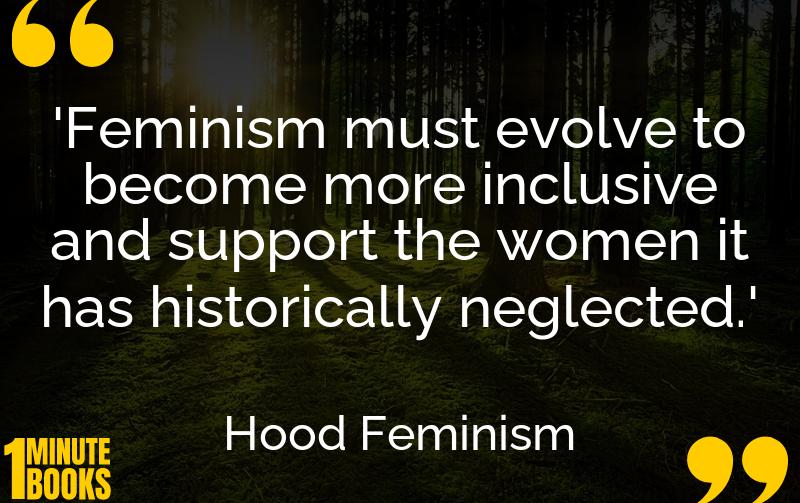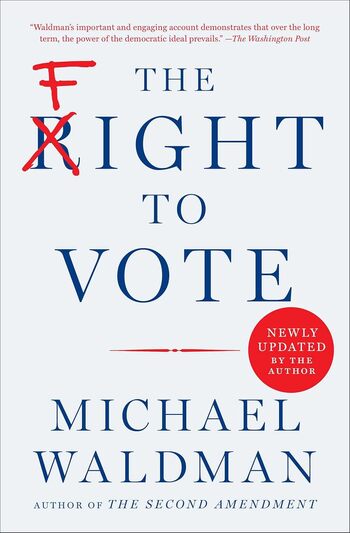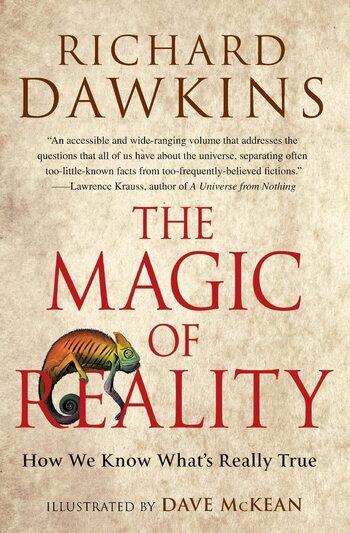
Hood Feminism critiques mainstream feminism for neglecting women of color, addressing issues like poverty and safety to push for a more inclusive movement.
Main Lessons
- Feminism should be inclusive, addressing issues faced by women of color who have been historically overlooked.
- Poverty and hunger impact millions, yet feminism often fails to address these critical problems affecting mostly women and children.
- Black girls face unique challenges, including victim-blaming for abuse and societal neglect, needing focused support.
- Body image issues and stereotypes harm Black girls, needing refinement in feminist dialogues to address colorism and beauty standards.
- Reproductive rights intersect with race and poverty, demanding the attention and action of more privileged allies.
- Parenting in poverty is overshadowed by survival needs versus privileged debates, highlighting differing priorities and challenges.
- Carceral feminism is not sufficient alone; real solidarity across races is needed to address gender violence effectively.
- White women historically in power have sometimes upheld oppressive structures rather than advancing feminist causes.
- Anger can be a powerful tool in feminism, driving necessary change and reinforcing commitments against white supremacy.
- To achieve equality, feminism must move beyond allyship, becoming active accomplices in supporting marginalized communities.
- Acknowledging past feminist failures can help foster a movement that truly empowers diverse female voices.








